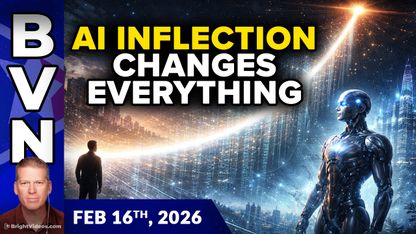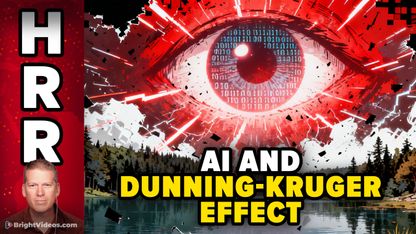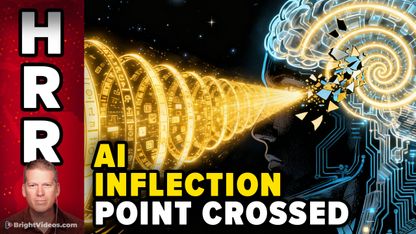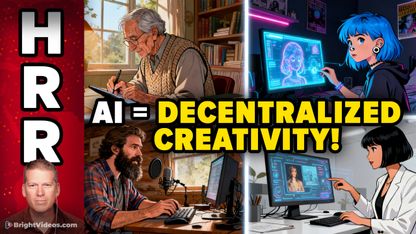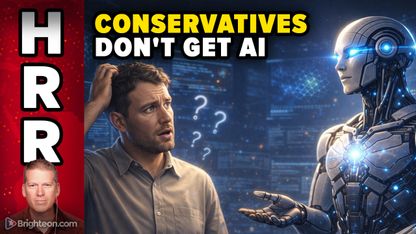
The Legislative Branch makes laws, passes budgets, sets rules for government agencies, etc. The Executive Branch sets the agenda and leads the country, ensuring that laws are faithfully executed and that the country is safe, secure and defended. The Judicial Branch was empowered to ensure that laws passed are constitutional and decide other matters of law.
The same concepts writ large for the country also applied to state governance. But in 2021, these concepts have all but died, and it's the Judicial Branch -- the one our founders thought would be the weakest -- that has destroyed them.
Case in point: An Indiana judge assumed the authority to overrule the governor's decision to stop accepting federal unemployment benefits because residents in his state were staying home instead of reentering the post-COVID-19 workforce because they were making bank, leaving businesses and companies scarce on workers.
Now, we can argue about whether this is or is not a good policy decision, but that's exactly what it was: It was a policy decision on the part of Gov. Eric J. Holcomb, a Republican, and he has every right and all the authority to make it.
But a state judge mistakenly believes otherwise, as Just The News reports:
Marion County Superior Court Judge John Hanley ruled that the state “is required to procure all available federal insurance benefits to citizens.”
Indiana Legal Services, a nonprofit law firm based in Indianapolis that provides free legal services to low-income residents, asked for an emergency injunction to continue the payments last week after Indiana Gov. Eric Holcomb in May announced the state would stop participating in the program on June 19.
Holcomb's decision is no different than those of 25 other governors who have also opted out of accepting the payments because employers in their states were reporting the same thing: Between state and enhanced federal benefits, residents were earning just as much money or more by sitting on their backsides at home. Thus, in order to get their state economies rolling again, the governors decided to shun the extra benefits.
Hanley, in his ruling, claimed there is more harm to the state by ending the benefits.
“A loss of housing or medical care and the inability to provide food, shelter and adequate childcare for a family constitute irreparable harm pending resolution of this cause of action and are not adequately compensable by an award of damages,” Hanley wrote.
The judge noted further that the payments are “instrumental in allowing Hoosiers to regain financial stability at an individual level while the state continues to face challenges presented by the COVID-19 pandemic during its return to normalcy.”
Just The News reported that Holcomb's administration is "considering" appealing. But that's exactly what the governor should do and here's why.
Hanley is a judge. He was not elected to make administrative decisions on behalf of the people of the state of Indiana. He has no right and no authority, moral, legal, constitutional or otherwise, to assume that power.
Secondly, Holcomb must appeal because it is vital that he reclaim the authority of the governorship, of the state executive branch, from a judicial branch member who has usurped the authority of a competing branch.
Jennifer Terry, an attorney with Indiana Legal Services, told Hanley during last week's hearing, “Frankly judge, these unemployment benefits are keeping the claimants out of poverty.”
That may very well be true. But that doesn't give Hanley authority to make this decision if there is no legal or statutory reason Holcomb would be prohibited from turning down the benefits. Hanley wasn't elected to make those decisions; Holcomb was. And the people can speak to the issue at the next election either by voting for him or voting for his opponent.
This constant usurpation of authority by competing branches of government has to be fought every single time it occurs. Or the problem will worsen.
Sources include:
Please contact us for more information.


